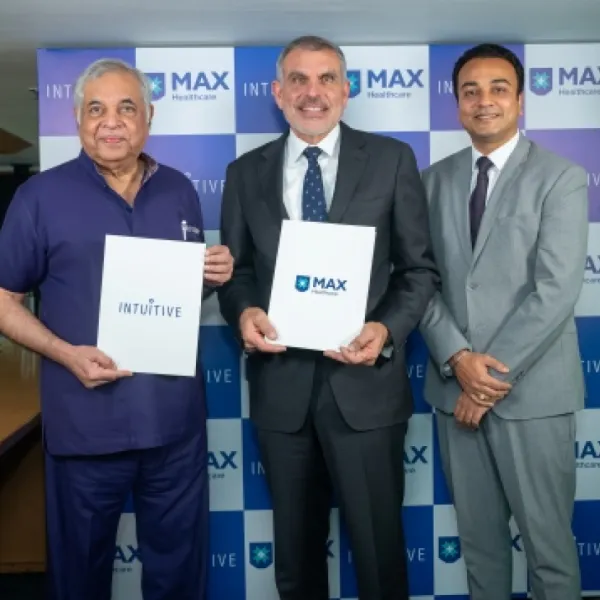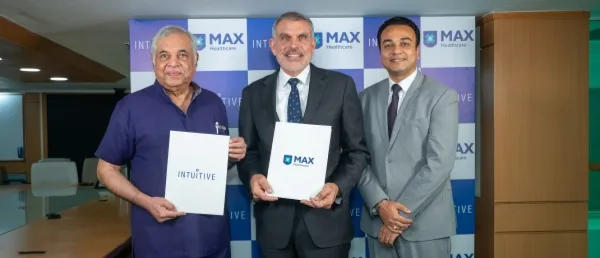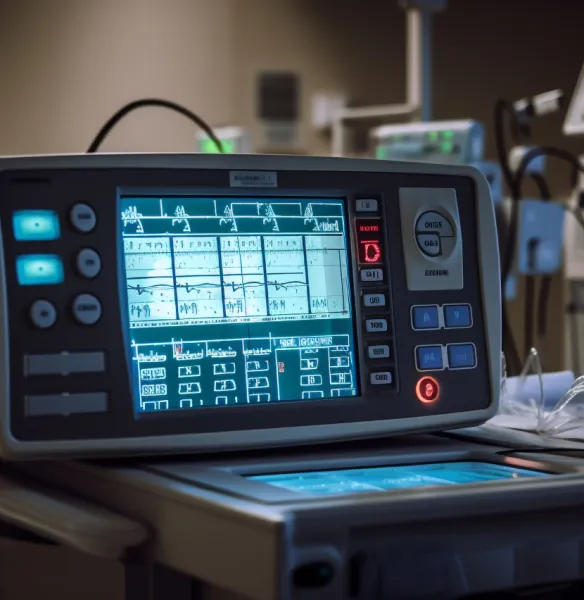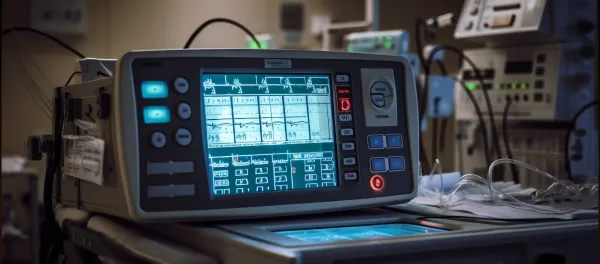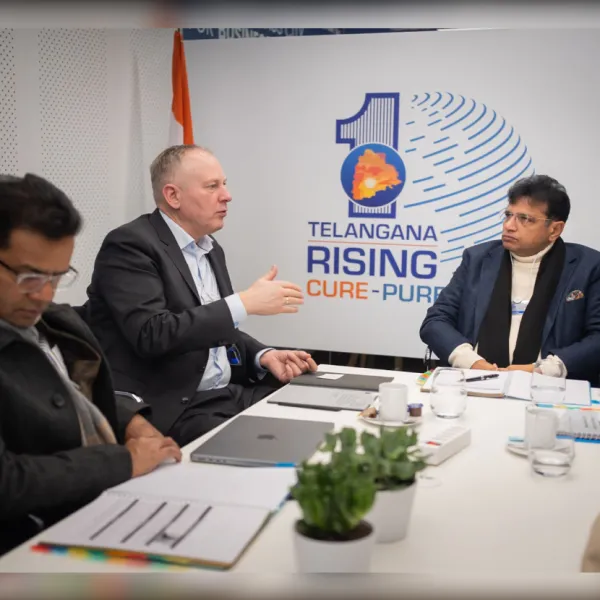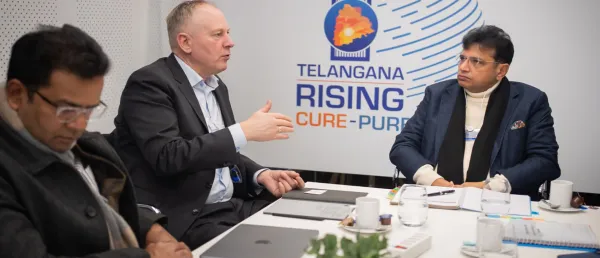Merck Invests $100 Million in AMR Fund, Collaborates with Over 20 Companies

With this AMR fund, Merck aims to bring two to four novel antibiotics to patients and physicians by the year 2030. AMR occurs when bacteria, viruses, fungi, and parasites become resistant to medicines, making infections harder to treat.
American pharmaceutical giant, Merck, has entered into a partnership with over 20 pharmaceutical companies and organisations, committing to invest $100 million in the Antimicrobial Resistance (AMR) Action Fund over the next 10 years.
With this AMR fund, Merck aims to bring two to four novel antibiotics to patients and physicians by the year 2030.
AMR occurs when bacteria, viruses, fungi, and parasites become resistant to medicines, making infections harder to treat. This resistance increases the risk of disease transmission, severe illness, and death, making it a significant global health concern.
As of early 2023, the AMR Action Fund has already invested in five small biotech companies dedicated to research for new medicines targeting some of the most dangerous bacteria, as identified by the US Centers for Disease Control and Prevention and the World Health Organisation.
Further, the pharmaceutical company is making significant investments to support antimicrobial stewardship (AMS), which involves implementing evidence-based policies to slow down resistance to current antimicrobial drugs.
These investments seek to assist hospitals around the world to develop and implement patient-centred AMS programs which are personalised based on factors including epidemiology, clinical setting and resource availability to support the responsible prescribing and use of antimicrobials.
Sharing her views, Jennifer Zachary, executive vice president and general counsel, Merck and member of the Global Leaders Group on AMR, said, "AMR is not a future problem - it's here now, threatening human, animal and environmental health as we know it. We must take swift, collaborative action to help reduce the risk of AMR before it's too late."
According to Merck, certain collective measures are essential to address AMR including policy reforms to support the development of new antibiotics, responsible prescribing and use of antimicrobials, and tracking resistance trends.
Founded in 1891, the American multinational pharmaceutical company is one of the largest pharmaceutical companies in the world. The company's origins can be traced back to its German parent firm, the Merck Group, founded by the Merck family in 1668.
The company aims to develop medicines and vaccines in various therapeutic areas, including infectious diseases, vaccines, ophthalmology, oncology, neurology, substance use disorders, and maternal and child health.
Just a few days back, the company entered into two strategic collaborations to strengthen AI-driven drug discovery with BenevolentAI, London and Exscientia, Oxford, UK to utilise AI-driven design and discovery capabilities, further advancing Merck's research efforts.
The collaborative efforts are primarily focussed on advancing small molecule development candidates, which the company will choose for further pre-clinical and clinical development.
Earlier, BenevolentAI achieved the 3rd milestone in collaboration with AstraZeneca to work towards drug discovery using AI. The company successfully analysed enormous volumes of data using its advanced algorithms to discover novel insights into disease mechanisms and therapy pathways. These findings, according to the company, have the potential to open up new avenues for the development of advanced treatment for a range of diseases.
Stay tuned for more such updates on Digital Health News













